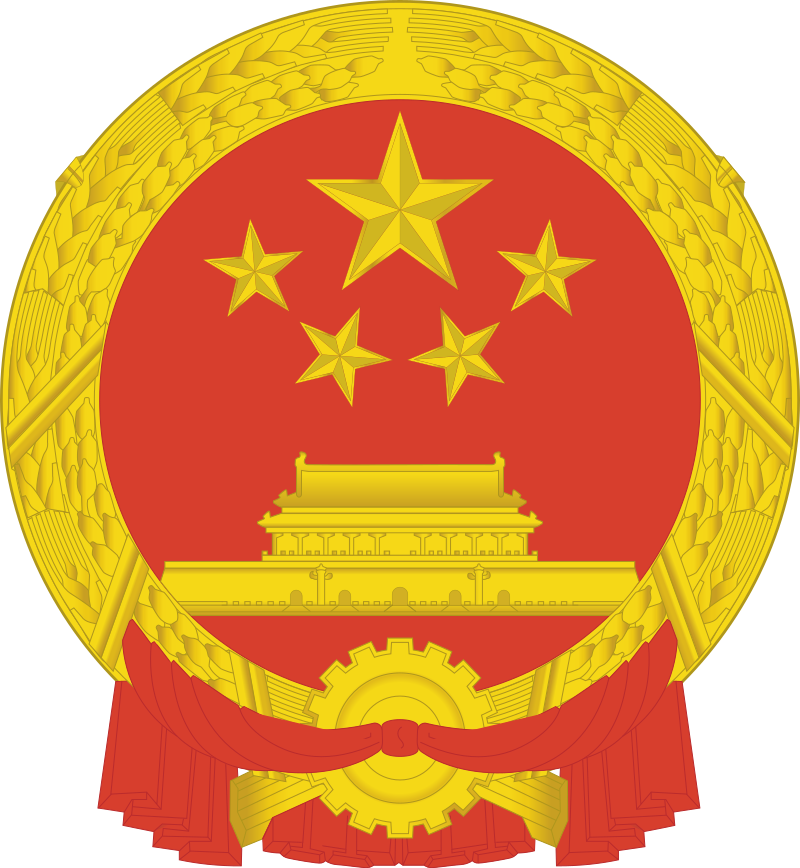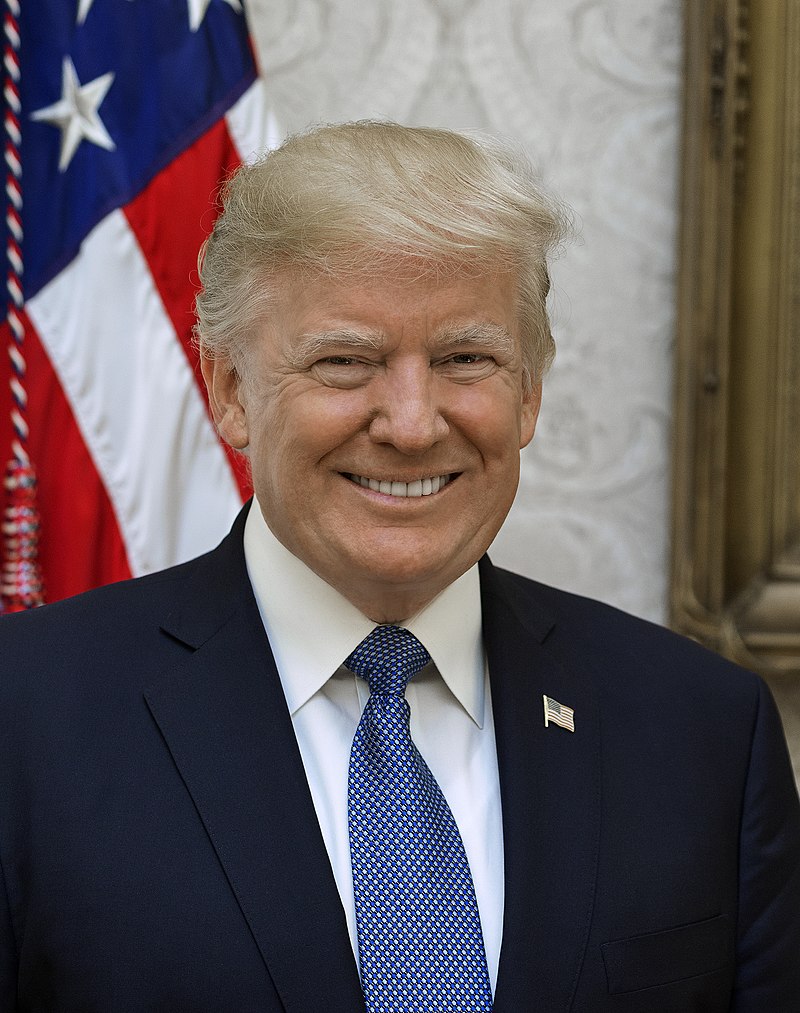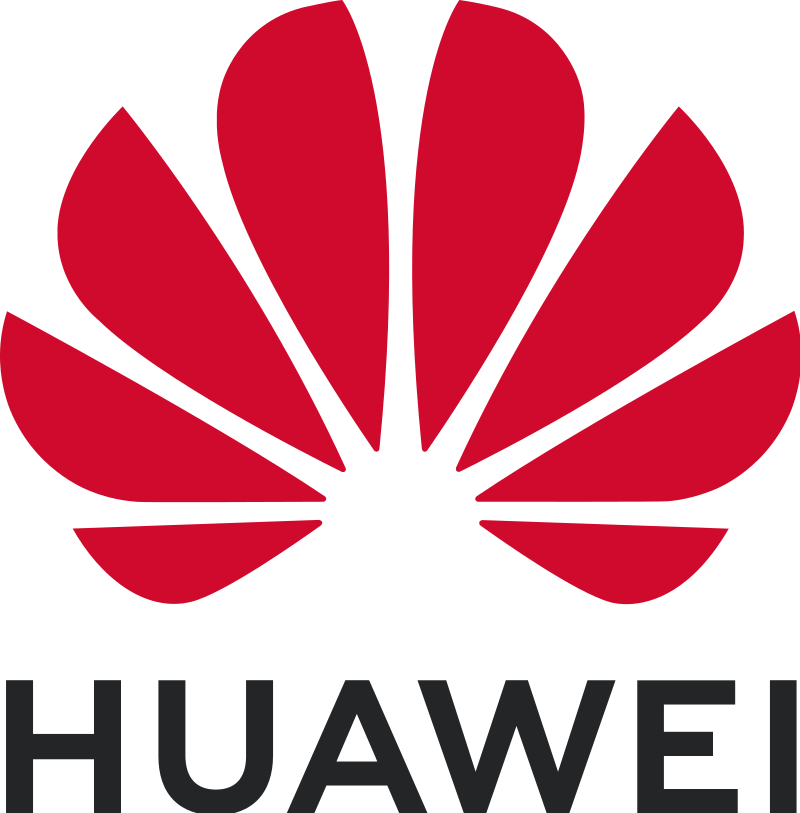In January the Chinese Ministry of Commerce (MOFCOM) released new rules titled the ‘Rules on Counteracting Unjustified Extraterritorial Application of Foreign Legislation and Other Measures’, or the ‘Blocking Statutes’.
These are aimed at deterring Chinese multinational companies and their subsidiaries from adhering to policy decisions and/or sanctions from other countries that target their businesses.
Of its 16 articles, Articles 4, 5 and 6 of the Blocking statutes lay out its primary foundation.
Article 4 provides for a ‘Joint Committee’ created by the state as a working mechanism, which will have representatives from MOFCOM, National Development and Reform Commission, and other concerned ministries.

This body is responsible for conducting an assessment to ascertain if foreign legislation is an ‘unjustified’ extraterritorial application of foreign legislation.
If so, the body has the power to issue ‘Prohibition Orders’ to declare that the legislation shall not be ‘accepted, executed or observed’.
Article 5 states that any person or company that is being restricted by foreign legislation from engaging in ‘normal economic, trade and related activity with a third State or its citizens’ shall report it to MOFCOM within 30 days.
They also give power to the Joint Committee to launch an investigation on any legislation suo moto.
Article 6 specifies the grounds on which any foreign legislation can be declared ‘unjustified’. These include:
-
Violation of International law and principles
-
Potential impact on China’s sovereignty, development and security interests
-
Potential impact on the Chinese people, legal persons or other entities in China
-
Any other matter of concern
There have been several concerns raised with regards to these rules.
The language of the statutes is vague, and open to interpretation per MOFCOM discretion.
On top of that, there are no indications to suggest that MOFCOM will issue any further guidelines to clarify various ambiguities present therein.
Concerns have also been raised regarding what it would mean for the foreign companies which have subsidiaries in China.
The Blocking Statutes apply to all entities registered in China, which will typically also mean branches and subsidiaries of foreign companies which have issued any sanction.

For such companies, it will be difficult to ascertain which law they must follow. There are also concerns about what it means for Chinese companies that are willing to follow through any sanction, which China may block under Prohibition Order, since it may cause further loss as they give up on their established or potential market.
Another issue that has been raised about the sanctions is regarding its implications for the ‘international relations’ that it seeks to protect.
Firstly, the Blocking Statutes came into force immediately, not following a 30-day public consultation period (despite being committed to them for foreign related legislations).
Secondly, China does not have legal agreements in place with other countries to sue and try their citizens or entities in Chinese courts, which means that its proceedings against foreign entities will be extra-judicial in nature.
These rules seem to have come as a response against the growing number of sanctions against Chinese businesses, particularly from Western countries. Although the rules do not specifically mention the U.S., they came close on the heels of the Trump administration’s crackdown on Chinese entities (especially in the IT sector) that have links with Chinese military, such as Xiaomi and China Mobile.

In large part, U.S. and even several European countries have criticized Chinese IT companies and software that poses a threat to data security of the people, and by extension the nation.
Huawei, for example, reportedly had backdoors built into its core mobile phone systems that would give access to a user’s call records, browser history, passwords, messages and other private data to Chinese servers.
Similarly, Xiaomi was found to be transmitting data to servers in Russia and Vietnam, which thereafter redirected to Beijing. Similarly, US ban on WeChat had been vindicated by the Human Rights Watch global annual report, where it stated that China monitored accounts on the chat service which were situated outside China.
China’s claim that the sanctions are unjustified, in this context, starts to lose ground. The World Trade Organization, perhaps the biggest advocate of free trade per the Washington Consensus, has considered national interest as a legitimate reason to apply restrictions under the Article XXI of General Agreement on Tariffs and Trade (GATT).
Given the intricate relationship between national interest, security and data privacy, US sanctions are legitimate in eyes of a pre-existing International law.
Another aspect to consider is that while the U.S. has restricted Chinese investment for its national interest recently, China has been restricting foreign investment for a far longer time, and with far more indirect and imperceptible methods.
For instance, China has banned several apps and social networking sites from US, India, etc. within its border, such as Wikipedia, Youtube, Facebook, etc., in a vein similar to how WeChat and TikTok were banned.
An the INSEAD study suggests, the Chinese business model is largely State owned and controlled, so a foreign company needs to integrate itself into the market from the bottom of the supply chain.
However, local state officials can, directly or indirectly through statements, control the outcome of a foreign entity which means that it is not enough to do good business, but also to kowtow to local officials.
Additionally, Special Administrative Measures for Foreign Investment Access (known as a ‘nationwide negative list’) also restricts sectors in which foreigners can invest.
It is presumed that China’s actions are to corner the U.S. both due to sanctions, as well as the recently rejuvenated bonhomie between the U.S. and Taiwan.
While the two countries continue to raise the stakes, the companies’ caught in crossfire seem to be at a loss as to what to do.
For them, whether they follow the sanctions or the Blocking Statutes, they will be losing access to one of their major markets.











Comments are closed.